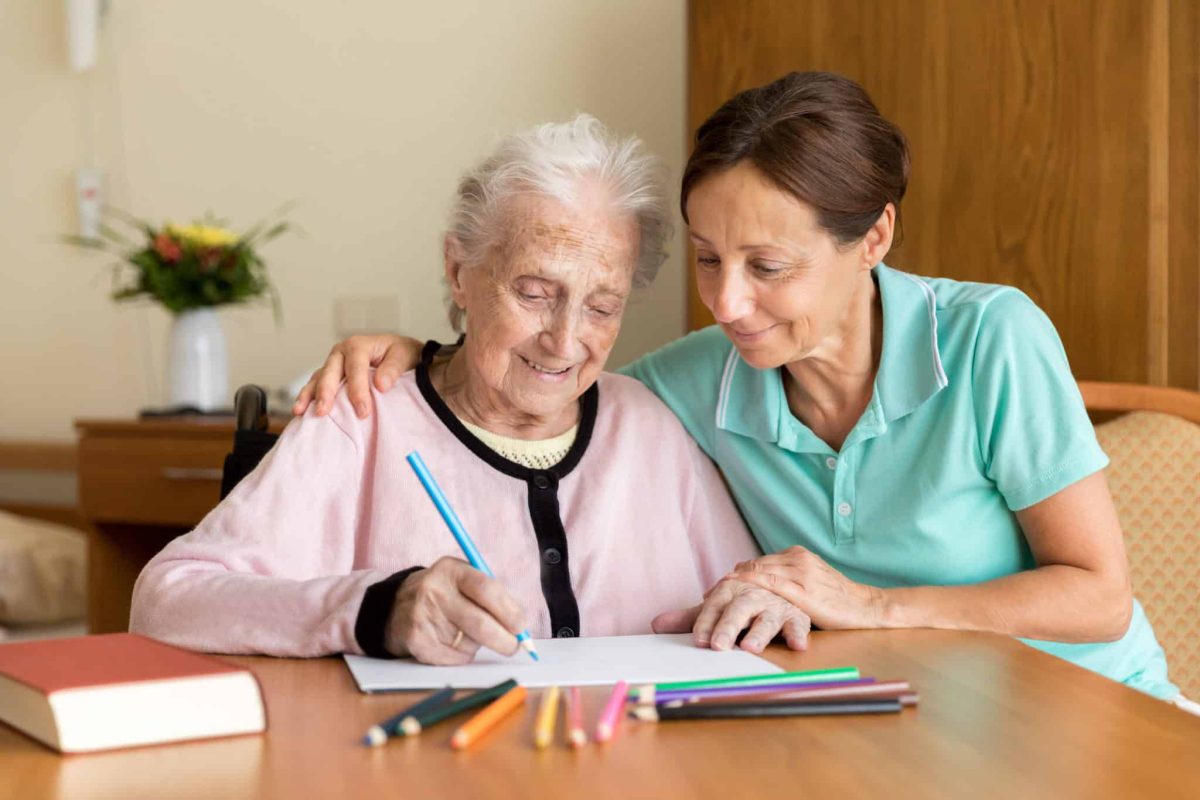The Alzheimer’s Association is set to organize the ‘Walk to End Alzheimer’s’ in September in Burlington. The association hosts 17 walks throughout North Carolina. The goal is to raise funds for those facing the disease and improve awareness for the rest of the country.
When someone begins developing Alzheimer’s, not only does it affect their ability to function regularly, but it also affects their personality. Their behaviors, habits, and usual routines are altered due to changes in the brain. Watching a parent go through this process can be debilitating at times, especially since we are used to relying on them to take care of us.
The fact of the matter is – it is always a possibility that our parents will get sick, and the risk increases as they get older. Currently, more than 6 million people in the U.S. have Alzheimer’s, and the number is expected to grow to 13 million by 2050.
The best way you can help aging parents is by being prepared. Here are some things you can do:
Watching Out for Signs
Here are two interesting statistics: only about 4 out of 10 people make it a point to inform their doctor right away if they are experiencing signs of cognitive loss or memory loss. Yet, 7 out of 10 Americans want to know if they have Alzheimer’s as early as possible if it allows for earlier treatment.

Sometimes, we have to trust our parents, and sometimes, we have to trust what’s right for them. Recognize that an elderly parent is not always going to verbally inform you or their doctor that they are experiencing memory loss. As a family member who knows them best, you are well equipped to notice small but important changes in their behavior and demeanor.
Keep an eye out for these small symptoms, so you can keep your parents’ doctor updated on their condition. Inform the doctor about any symptoms you notice as soon as possible so they can chart the course ahead.
If possible, also request your parents to keep an eye out for signs. Always Best Care Senior Services points out that small instances of forgetfulness are commonplace in the elderly. But they should inform you or their doctor if they find that they are constantly forgetting important things like birthdays they would usually remember or where they kept their keys.
Knowing When to Ask For Help
Alzheimer’s is a grueling experience for the patient, and it takes a comparable toll on family and loved ones. If you are taking care of a parent with Alzheimer’s, be open to the idea that you may not be able to do everything yourself, and that it is okay to ask for help.
It’s a good idea to enlist the help of service providers for home care in Burlington. There are many different options here. For example, if your parents are in their early or mid stages of Alzheimer’s, you could opt for hourly or nightly care. If they are in the latter stages, there are live-in care options you can explore.
In-home care allows Alzheimer’s patients the care they require while still being able to enjoy the comfort and familiarity of their home. Here, knowing the stages of Alzheimer’s might help you decide which kind of home care you should get.
The Stages of Alzheimer’s
Alzheimer’s usually occurs in older individuals, though there are cases being reported of Alzheimer’s in 30 and 40-year-olds as well. Alzheimer’s in those who are under the age of 65 is known as early-onset Alzheimer’s.
Preclinical stage
This is the stage where the brain begins experiencing changes, but no symptoms are displayed. There is no concrete time frame for this stage, and it can go on for years.
Early Stage
During this stage, some mild symptoms might appear. Elderly parents with Alzheimer’s could have problems remembering names, recent events, or where they have kept important items.
Middle stage
During this stage, patients could have further difficulty reading, planning meals, and remembering events. Usually, the middle stage lasts the longest.
Late stage
When a patient reaches this stage, they may lose control of their bladder and bowel movements. They may also have difficulty pronouncing certain words/phrases and may begin losing their ability to walk, talk, and perform other activities.
Keeping Them Active
A 2021 study showed that increased cognitive activity through playing games, reading, solving puzzles, and writing, among others, can help delay the onset of Alzheimer’s by up to 5 years for those who are 80 and above.
Taking the time out to engage in activities like board games, reading, or even having a two-way conversation can go a long way when it comes to helping elderly parents with Alzheimer’s.
Conclusion
In North Carolina alone, more than 180,000 people are currently living with Alzheimer’s. Unfortunately, we do not have a cure for the disease yet.
However, there is a long list of things you can do (some of which we have outlined) to potentially delay the onset of Alzheimer’s, and make your parents as comfortable as possible if they develop the disease.
Most importantly, make sure you do not neglect your physical and mental health while taking care of your parents.


 Home
Home









